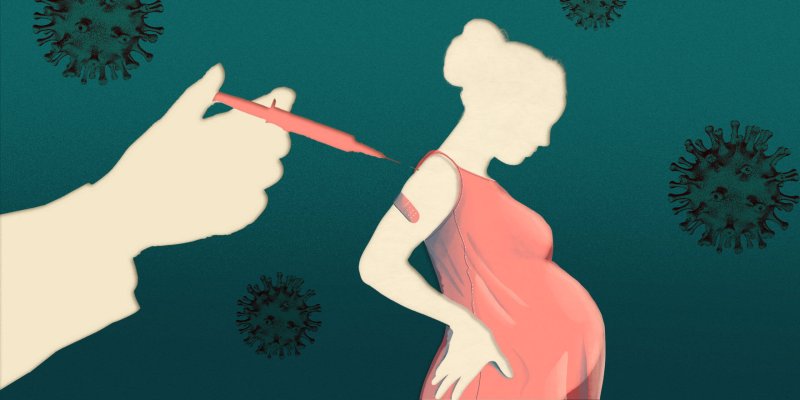As the F.D.A.-approved vaccine candidates make their way from production lines to frontline workers in nursing homes, hospitals, and in other essential professions, people who are pregnant, breast-feeding, or trying to conceive must contend with the lack of data on how these vaccines will affect them, a developing fetus, or a breast-feeding infant.
Although women of reproductive age make up a substantial share of the health-care workforce and the majority of nursing assistants and home health aides, protocols for the coronavirus-vaccine trials specifically exclude pregnant and lactating women, and often contain language requiring that participating women use contraception.
The American College of Obstetricians and Gynecologists published an advisory note last December, which said currently available vaccines “should not be withheld from pregnant individuals” and “should be offered to lactating individuals.”
…
The statement stops short of encouraging uptake of the vaccine in the pregnant population, instead encouraging pregnant individuals to be “free to make their own decision regarding COVID-19 vaccination.”
“Is that even helpful?” [pregnant nurse] Amanda recalled wondering after she read the statement.
“If we don’t have vaccines that are proven to be safe and effective in pregnant women, we don’t have a vaccine for health-care workers,” [said microbiologist] Emily Erbelding.































